Last Updated
This morning, the President of the Dominican Republic, Luis Abinader, announced a joint operation between the National Police and Armed Forces to prevent further robberies and violent crime from happening across the country.
This initiative will place Dominican troops from the Ministry of Defence in different municipalities in the country, to deter violent crime and protect vulnerable citizens and tourists.

When asked about the new operation, President Abinader stated: “I ask those who are acting in our neighbourhoods, our sectors, bringing unrest, to surrender in a peaceful manner, because if they don’t, they will be found wherever they are”.
The urgent need to increase security measures in the tropical holiday destination comes after a rise in robberies and assaults over the past three weeks. This is due to several Covid-19 restrictions being lifted, which has encouraged the re-opening of many tourist attractions and hotels, leading criminals to target tourists once again.
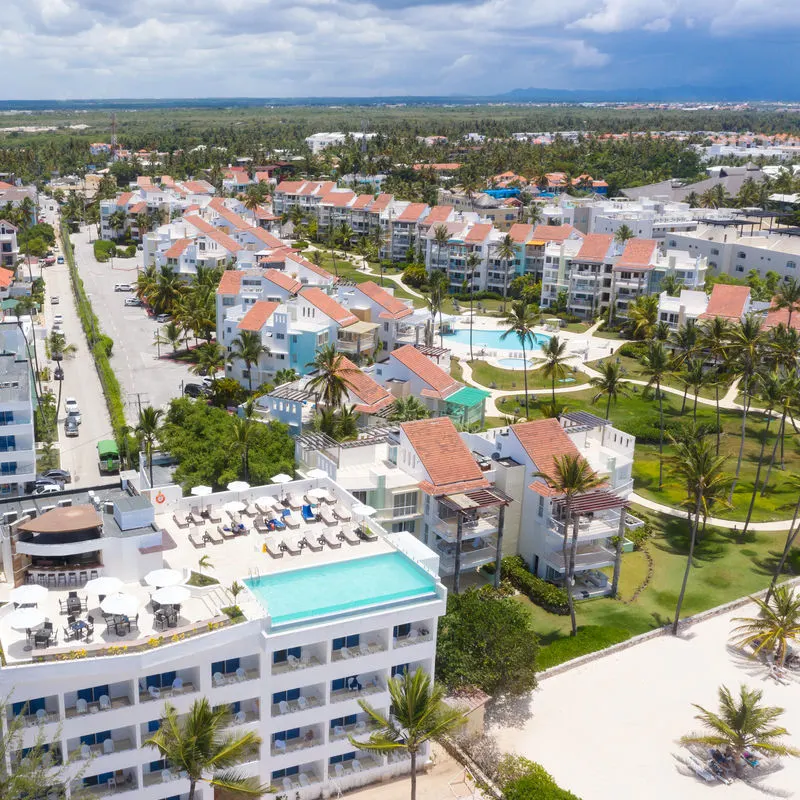
Whilst this has led to an overall increase in crime within the Caribbean, the Dominican government is adamant that the situation must be tackled in the country ahead of the summer season, as they set to receive one of the largest groups of tourists across the region.
This new emphasis on crime prevention also follows a general rise in violent crime in the country within the past decade: whilst the number of homicides has steadily decreased since 2014, the number of petty crimes has increased at an alarming rate.
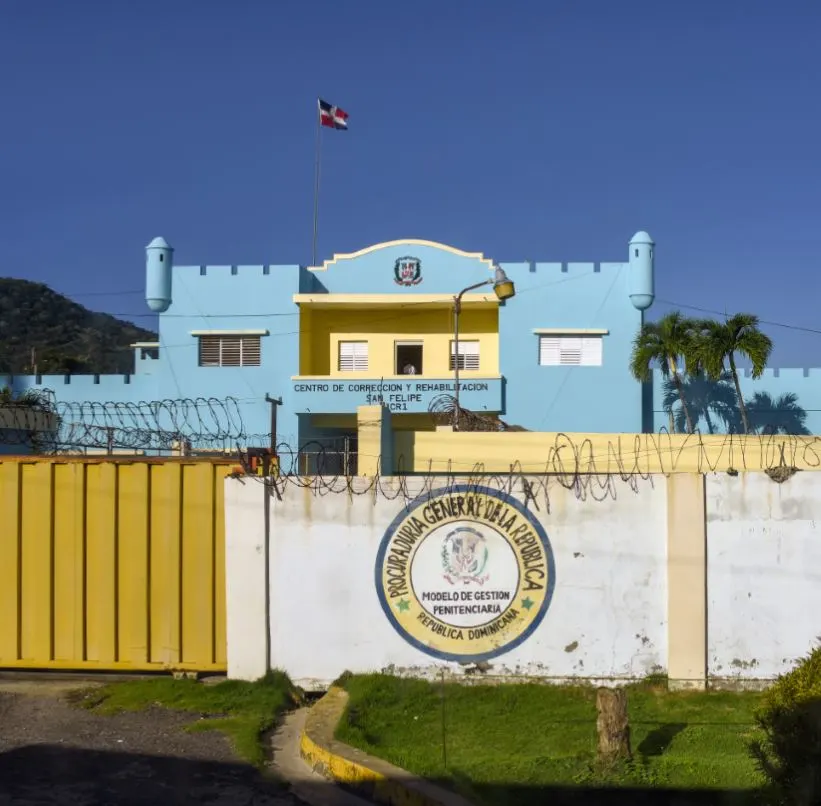
In tourist areas such as Punta Cana and Puerto Plata, records show that there is a particularly moderate to high rate of muggings, robberies and vandalism, rising on a yearly basis.
The upsurge of drug trafficking in the country over the past decade has also led to violence between different neighbourhoods and gangs, especially in the southern town of La Cienega. This coastal paradise has become increasingly popular with American tourists over the past 10 years, with its beautiful views of the Bahoruco mountains alongside the beach, frequented daily by snorkellers and surfers.
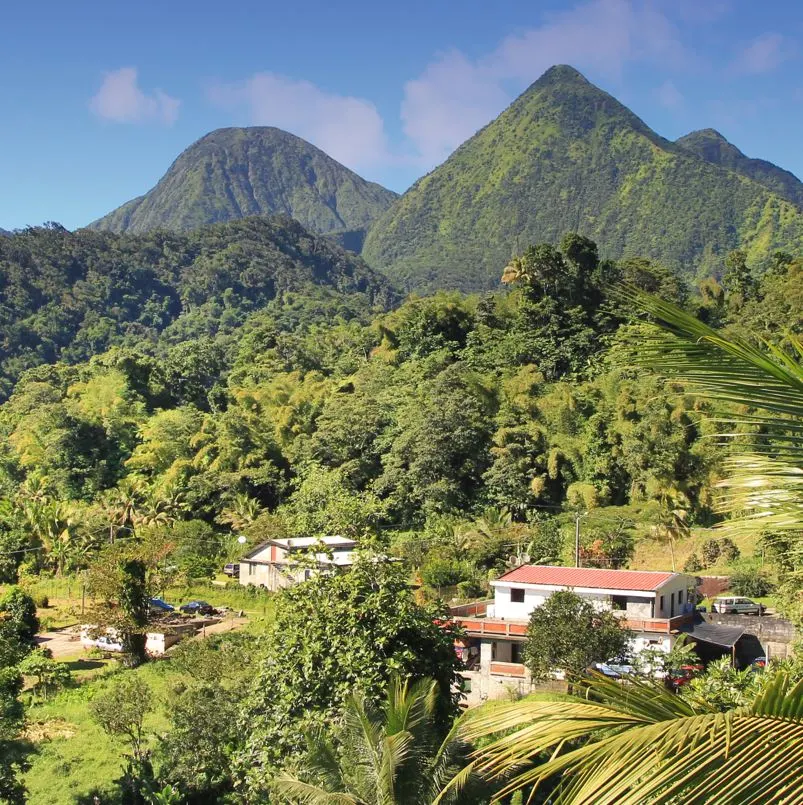
Authorities have warned travellers visiting the area to be vigilant of any criminal activity.
To proactively fight crime, the Dominican government has assigned special police units to high-risk areas in the country. Extra soldiers from the Special Border Security Corps have been deployed this year to four border crossings between Haiti and the Dominican Republic, after a rise in kidnappings of foreign nationals.
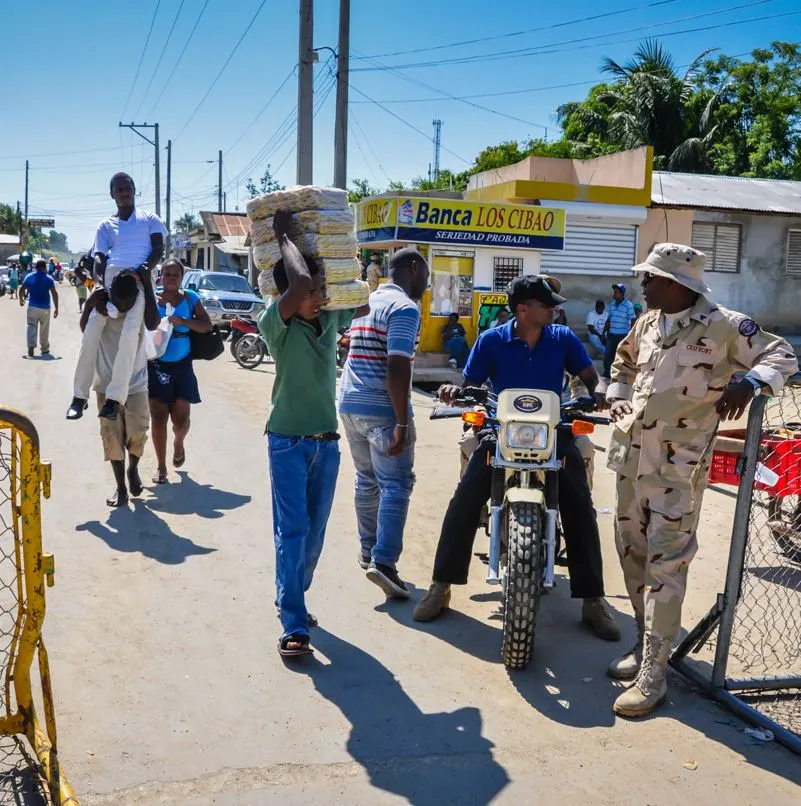
This will ensure that international tourists and Dominican citizens alike are well-protected against potential bus hijackings, kidnappings or assaults.
In tourist-heavy areas, including Bavaro, Santo-Domingo and Puerto Plata, Tourist Security Specialised Corps (CESTUR) has been deployed for 24/7 surveillance. Tourists should notify the Corps in the event of an emergency, or to report a serious crime.
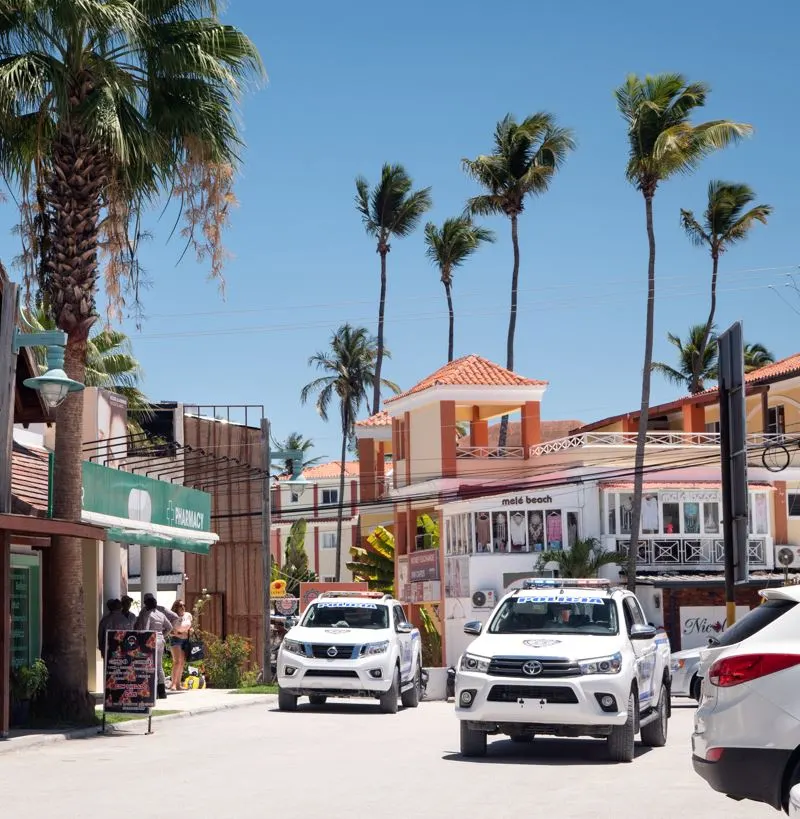
At this moment in time, the American government’s travel advisory for the Dominican Republic encourages tourists to exercise increased caution when visiting the country. It states that violent crime, including armed robbery, homicide and assault are major concerns throughout the country, due to the wide availability of weapons, the trade of illicit drugs and a weak criminal justice system.
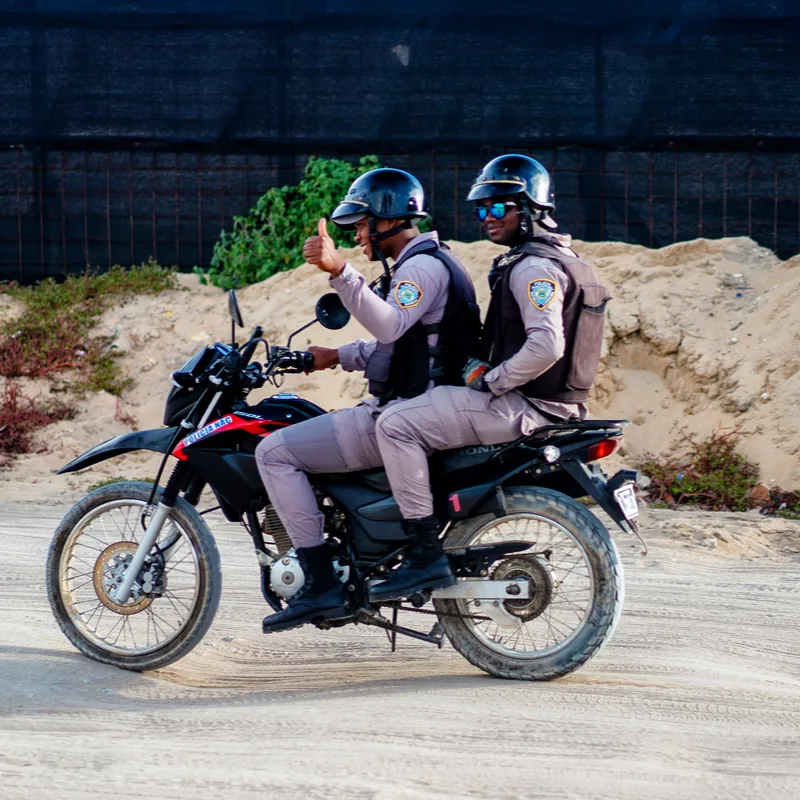
To prevent being affected by crime, tourists are encouraged to be aware of their surroundings at all times and to not display signs of wealth, including watches and electronic devices. American visitors also have the option to opt-in to the Smart Traveller Enrolment Program (STEP), which will make it easier to locate them in the event of an emergency. This programme also offers updates on local crime in real-time, ensuring that visitors to the country stay up to date on any suspicious activities.
Plan Your Next Dominican Republic Vacation:
Traveler Alert: Don’t Forget Travel Insurance For Your Next Trip!
Choose From Thousands of Dominican Republic Hotels, Resorts and Hostels with Free Cancellation On Most Properties
↓ Join the community ↓

Subscribe to our Latest Posts
Enter your email address to subscribe to Dominican Republic Sun’s latest breaking news affecting travelers, straight to your inbox.
